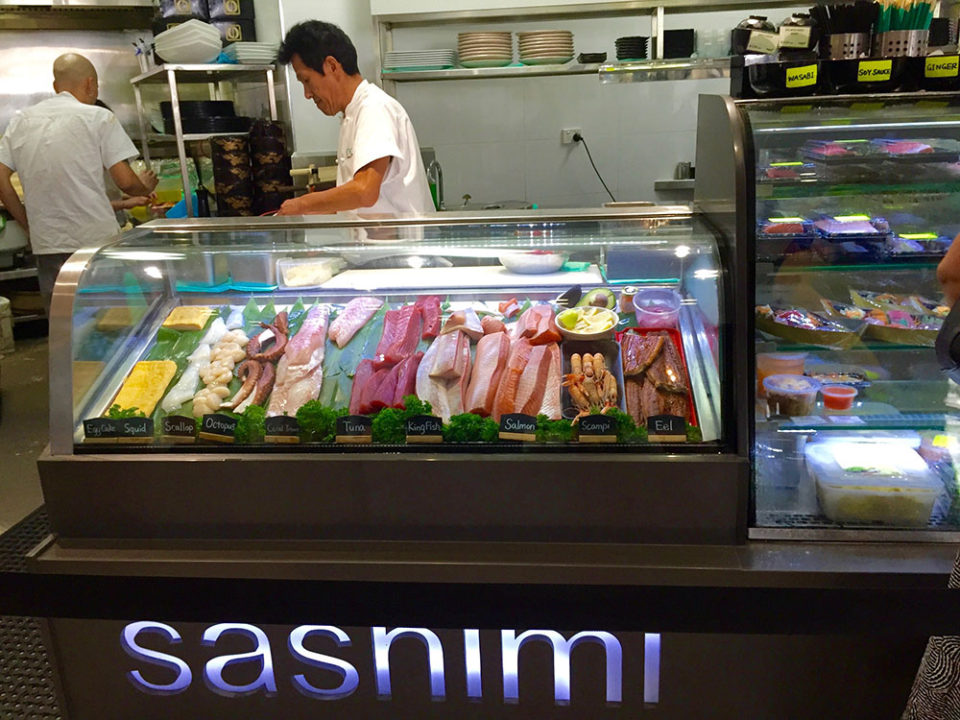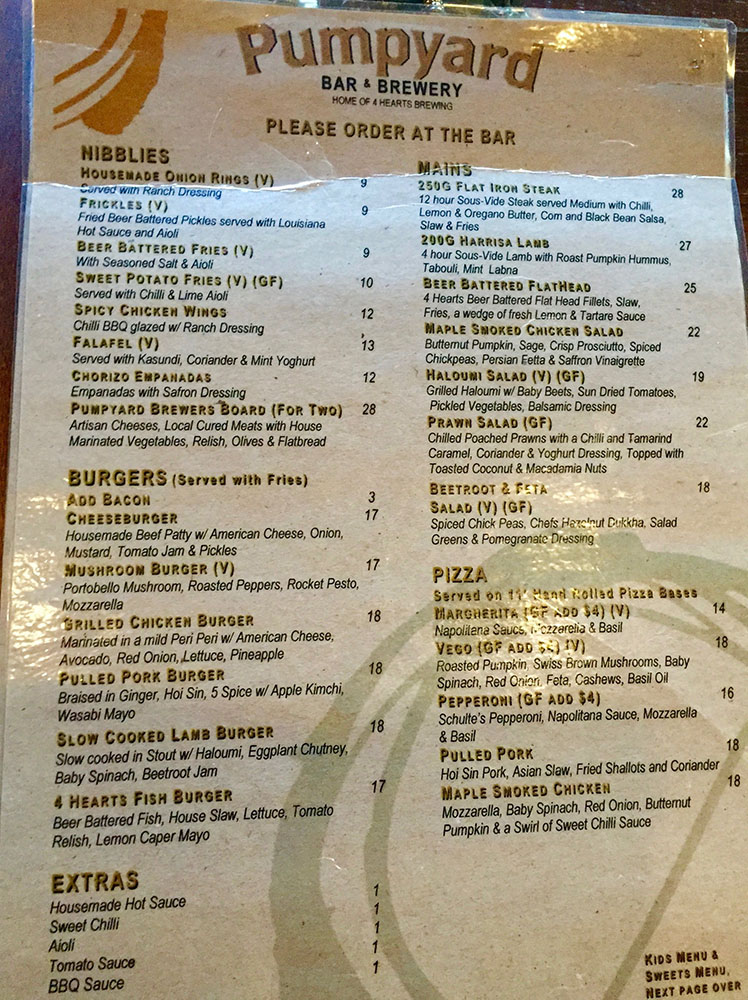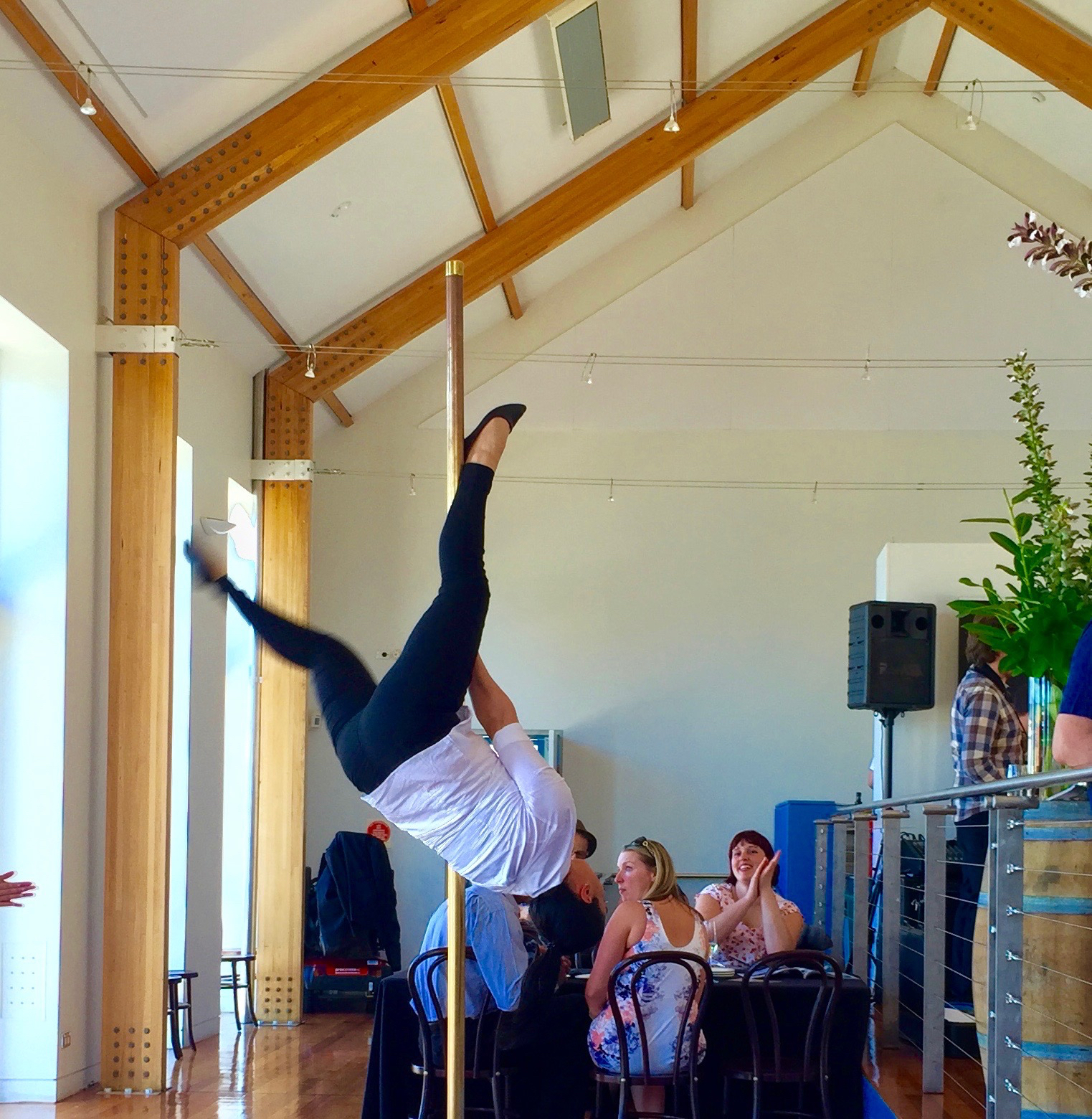The food scene, in Australia and many other countries, is white hot at the moment. How long can that last? And what do we do about the crises of chef shortage and wait-staff shortage? How do we fix that?
These are just a couple of the big questions on the lips of key players in the industry, and staff themselves. 2017 will be an interesting year, for sure. So here are a few things I’d like to see happen in the food scene this year. Let me know if you’ve got some to add to the list.
-
If you’ve never worked in the industry, don’t even consider opening a restaurant.

Busy? Yes. Organised? Yes.
I run a consulting arm, and have lost count of the number of people who approach me wanting to set up a café, or tea room, or restaurant without any experience in the industry – anywhere! Does putting on a band-aid make you a brain surgeon? Of course not. I think running a restaurant is even harder. And I think many in the scene would agree with me.
You need to be multi-skilled, a good strategic thinker, have a deep knowledge of the kitchen, the layout, the dining public, managing staff, not to mention regulations and finding suppliers who’ll support you. Preferably you’re already a chef when you open your first restaurant.
And young. Fit. Smart. Level headed, shit sorted. Good manager. Team player.
No experience but a driving passion? Go and get a job – and make your mistakes at someone else’s expense. Learn from a pro. Then, after years of hard work, if the passion hasn’t died, then open one up and see me if you want a bit of insurance and fresh ideas. Good luck.
-
Smaller, seasonal menus. Please.

A Menu or War and Peace?
I know I’ve banged on about this before, but if you’re a chef, and your boss wants you to cook War and Peace every service, tell him no, and why. If he listens and takes your advice – great. If he/she won’t. Leave. You deserve better.
The top restaurants have small menus. Some even give you no choice – 7 or 8 courses of degustation, and that’s that. They thrive. And why? Because the kitchen has time to prepare, the food is fresh, service is easy and fast, customers happy. It’s a no-brainer.
And remember Gordon Ramsay and his blow-outs at restaurants with mountains of food sitting rotting in the cold room, or larder? Waiting to kill some poor unsuspecting, and trusting, member of the dining public?
I rest my case.
-
More and better communication between kitchen and front of house.
It’s so disappointing to hear a waiter say, “Oh, I haven’t tried that. Just a minute and I’ll ask the chef.” Please, do that before you start service. Know the food. Know the wines if you are doing them too. Make sure if the management don’t train you, train yourself. Then find management who have their shit together. Your credibility within the whole scene will improve.

What a good manager should see: the lie of the land
-
A way to ensure kitchen staff are paid properly, work reasonable hours, and don’t burn out.
My friend, Ivan Zwart, of Happy Ground Wellbeing is working on an e-book for chefs and management to handle stress better – if you’re not in Australia, you can do his courses via Skype. Easy. They are magic, and work!
Can we create a pathway of career for front of house? So that staff feel and know they are in a job they love, for life, as they are in Europe. Is that so hard to do? Can we get rid of the idea that waiting is always part-time, while kids study?
Waiting is a profession! Damn it! It’s tricky, multi-tasking and people skills at their finest. Restaurant owners – get a book that staff read, understand and sign, that covers the main points of their job and how you expect them to do it. Please! And pay them properly.

When the staff and customers are drunk, chaos.
-
And now for this post, the last item: Sustainability.
How can we make restaurants, and the food scene at large, become more sustainable? Is there enough focus on waste and what could be done with it?
Wouldn’t it be marvelous to really dive into this and discover the soaring profits that diligent use of waste can provide? To an owner – bottom line is key, and I understand that without profit, the business will fail. And there’s too many doing that still. Ben McMenamin is a friend of mine, and working hard on setting up sustainable systems in restaurants, and also cutting food miles. Keep an eye on him at The Social Food Project. He’s on to it!
Some food for thought there. And as I finish this, I realise there’s a lot more that should be happening, but that’s for you to suggest, and another post.
Chrissie



